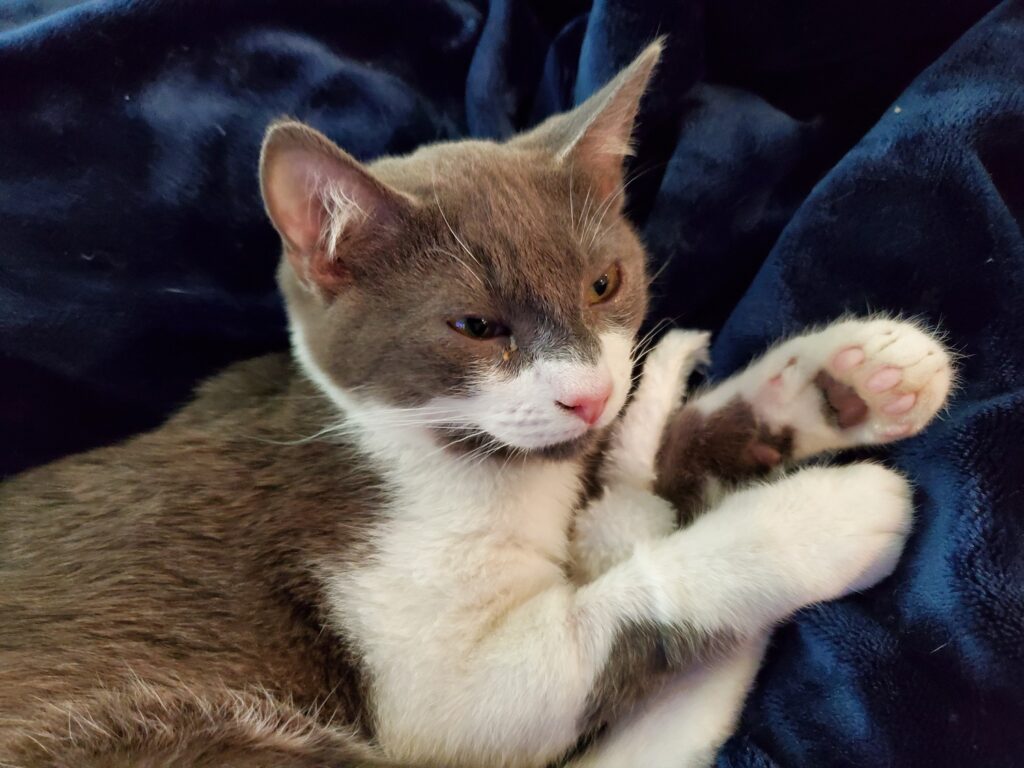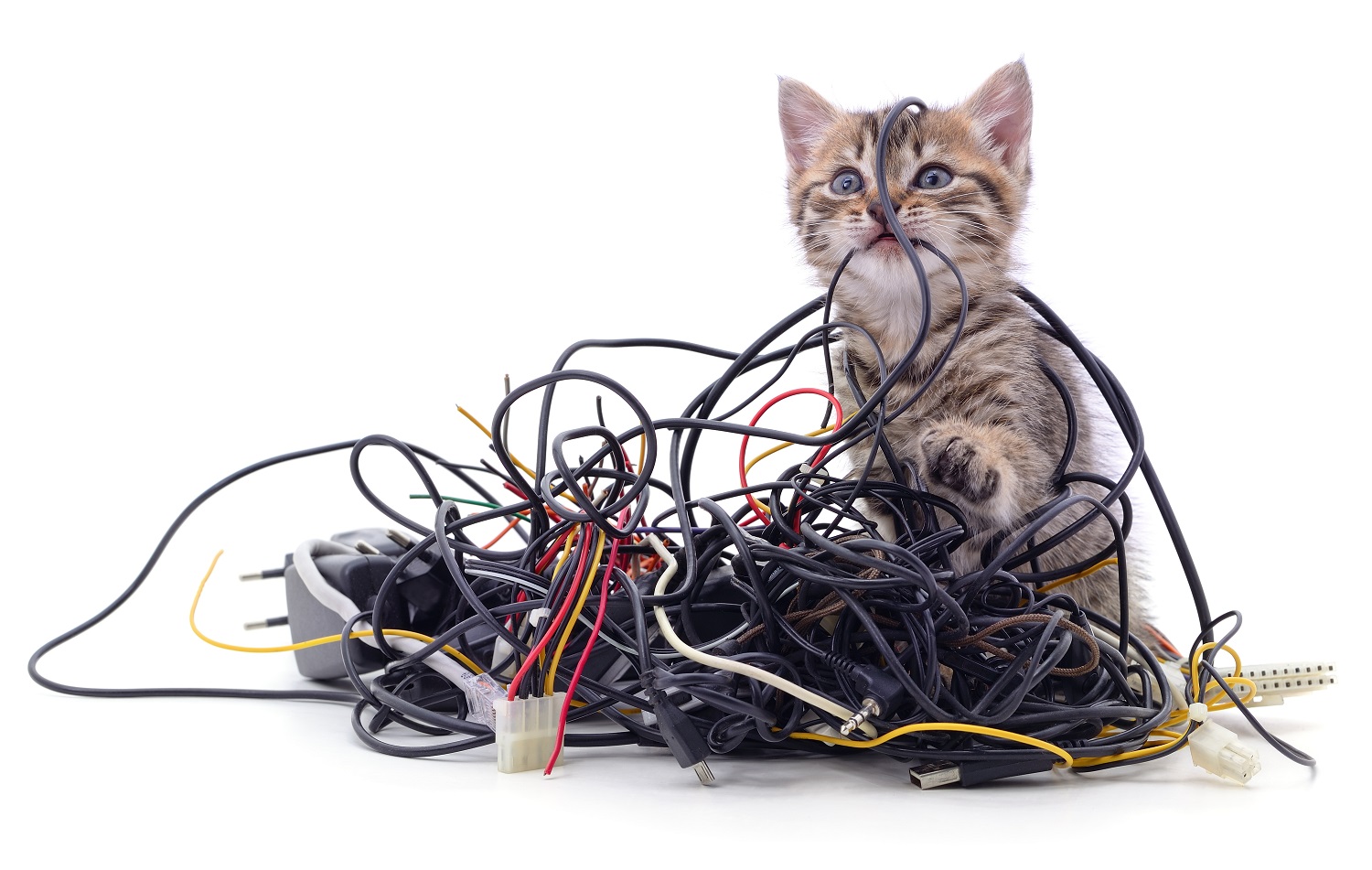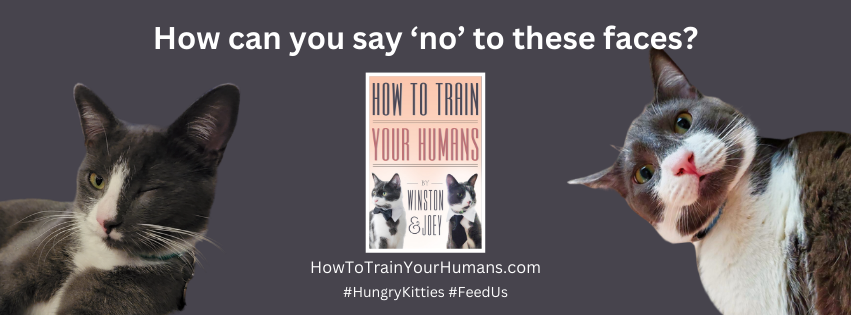Kittens chew things. That’s just part of being a tiny tornado of curiosity and chaos. But when they start targeting electrical cords, charger cables, or anything else that plugs into the wall, it stops being cute and starts being dangerous.
Cord chewing isn’t just annoying. It can lead to electric shock, burns, or even house fires. Luckily, there are simple, safe ways to stop your kitten from turning your tech setup into a chew toy buffet.
Let’s walk through what causes this behavior and how to fix it.
Why Do Kittens Chew Cords?
Like most odd feline behaviors, there isn’t one single reason. It’s usually a combination of things.
Teething
Kittens start teething at around 3 to 4 weeks old and continue until about 6 months. Just like human babies, they want to chew on things to relieve discomfort.
Cords are the perfect shape and texture for gnawing, and unfortunately, they’re everywhere.
Boredom
Kittens are little energy machines. If they’re not getting enough playtime, stimulation, or interaction, they’ll find something to do. And that “something” might be chewing your phone charger.
Curiosity
Cords dangle, wiggle, and sometimes make noise. All of these things scream “prey!” to a playful kitten. Even if they’re not bored or teething, they may just want to explore.
Texture
Some kittens develop a preference for chewing on certain textures. If they’ve decided plastic or rubber feels good, cords might just become their go-to chew fix.
Is It Dangerous?
Yes. Chewing cords can lead to:
- Electric shock
- Burns in the mouth or on the tongue
- Internal injuries from exposed wiring
- Fire hazards
- Expensive damage to electronics
If you see any signs of frayed cords or if your kitten yelps, drools, or seems suddenly afraid of a certain area, contact your vet immediately.
How to Stop a Kitten From Chewing Cords
The goal is to combine prevention, redirection, and training. Here’s a step-by-step plan:
1. Hide or Cover Cords
Start by making cords less accessible:
- Use cord covers or split tubing to wrap cords in a protective layer.
- Run cords behind furniture or inside cable management sleeves.
- Use double-sided tape or cord clips to secure them so they don’t dangle.
- Unplug and store unused chargers or power cords when not in use.
Kittens are persistent, but if they can’t reach or wiggle the cords, they’ll usually lose interest.
2. Use Deterrent Sprays
Pet-safe bitter sprays can make cords taste unpleasant. These products won’t harm your kitten or your electronics, but they send a clear message: “Don’t chew this.”
Make sure to:
- Test spray on a small section first to ensure it won’t damage your cord.
- Reapply as directed; many sprays fade over time.
- Use only products labeled safe for cats.
If bitter spray isn’t enough, aluminum foil or citrus-scented products may also work, as many cats dislike the smell or feel.

Ugh, like it’s my fault I’m teething and cords are so darn tasty! I mean, have you even tried them? But apparently, my humans get all worried and think it’s dangerous or something. #EyeRoll #IllJustChewOnThisMouseInstead #ChewOnThis #TastyCords
Joey
3. Offer Chew-Friendly Alternatives
Give your kitten something better to chew. Try:
- Soft rubber toys made for teething
- Catnip-filled plush toys with different textures
- Chilled chew toys (like kitten-safe teething rings)
Every time you catch your kitten going for a cord, gently redirect them to the appropriate toy. Praise them when they use it instead.
4. Increase Play and Mental Stimulation
A tired kitten is less likely to act out. Make sure your kitten gets:
- At least two 10-15 minute interactive play sessions per day
- Puzzle toys or treat-dispensing toys when you’re not home
- A variety of toys rotated regularly to keep things interesting
Cats need mental and physical stimulation just like dogs, and bored kittens often turn to destructive habits.
5. Use Positive Reinforcement, Not Punishment
Don’t yell or spray your kitten with water. It doesn’t teach them what to do, only to be scared. Instead:
- Redirect and reward
- Be consistent
- Keep training sessions short and positive
Consistency and repetition are key. Your kitten isn’t trying to be bad. They just don’t know better yet.
What If They’ve Already Chewed a Cord?
Check for:
- Frayed or damaged wires
- Bite marks or exposed inner wiring
- Signs of injury in your kitten (burns, limping, drooling, hiding)
If anything looks off, unplug the cord and call your vet right away. Even if they seem fine, internal burns or shock injuries can take time to show.
Also, replace any damaged cords to avoid future risks.
Final Thoughts: Safe Kittens, Safe Cords
Cord chewing is common, but it’s definitely something you want to nip in the bud. With a combination of cord-proofing, redirection, and regular play, most kittens grow out of the habit pretty quickly.
Stay patient, keep things safe, and always have a few good chew toys handy. Your kitten, and your electronics, will thank you.
Sources:
– Electrical Cord Safety for Pets https://www.petpoisonhelpline.com/blog/electrical-cord-safety-for-pets
– How to Stop Chewing Behavior in Cats https://www.petmd.com/cat/behavior/how-stop-cat-chewing
– Kitten Teething Tips https://vcahospitals.com/know-your-pet/teething-in-kittens
– Enrichment for Indoor Cats https://www.humanesociety.org/resources/indoor-enrichment-cats
– Understanding Destructive Behavior in Kittens https://www.icatcare.org/advice/destructive-behaviour-in-cats/
Recent Posts
Explore why cats sleep so much, including the evolutionary reasons and the health benefits they derive from their extensive sleep patterns.
Explore the causes of cat dandruff, its implications, and effective ways to deal with it so your feline friend remains happy and healthy.


